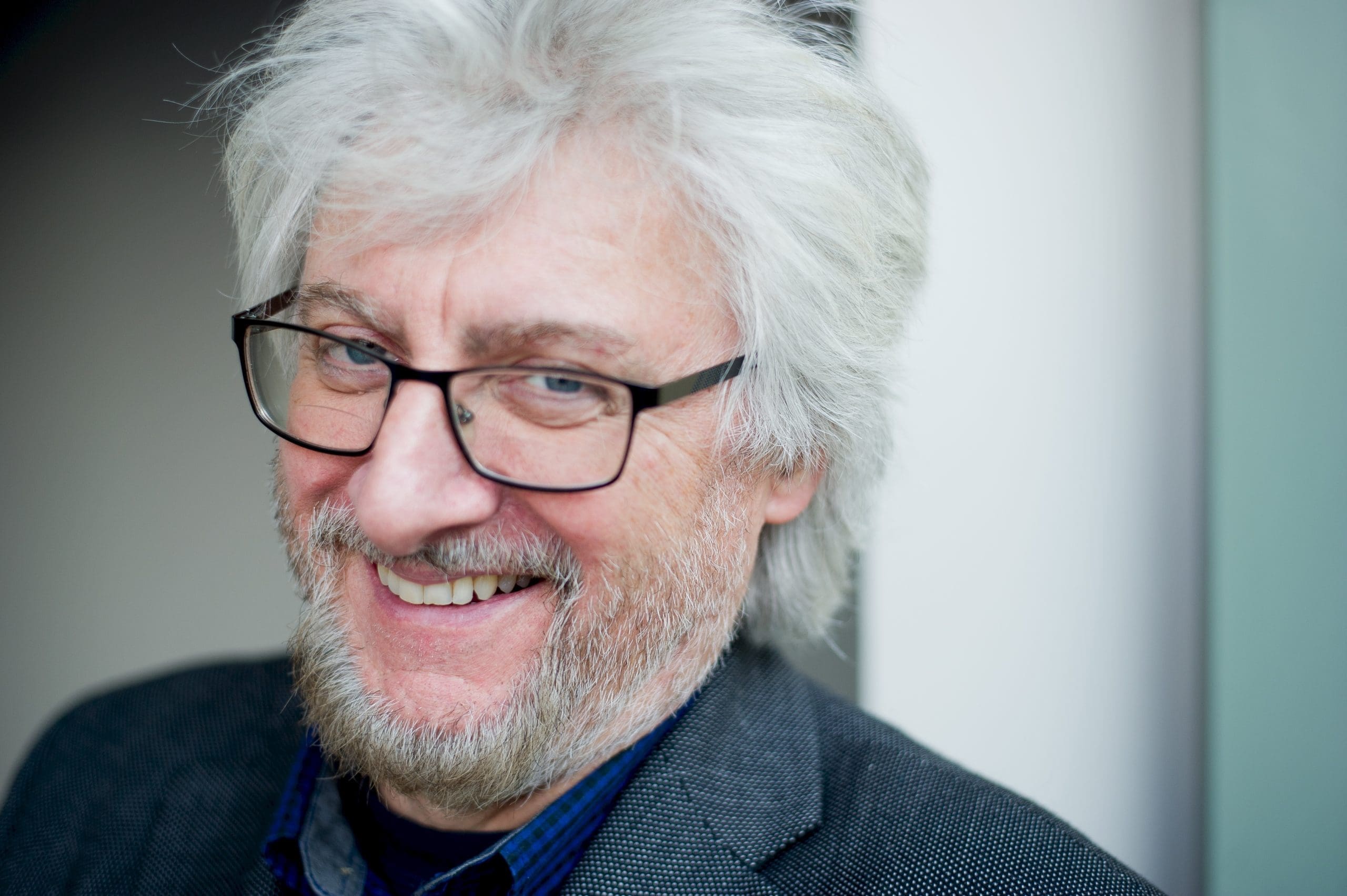
The recording of the webinar with Professor Radoslaw Markowski, the distinguished expert in political science, is now available on our YouTube channel.
It is a fascinating time in post-election Poland. We all wonder how the new government’s creation is progressing and the key issues and obstacles the newly elected team faces.
Participating in the webinar with Professor Markowski will clarify your understanding of these complex issues. An overview of several vital hypotheses relevant to the Polish case is being discussed, including causally deep explanations and broader contextual – pan-European factors. A significant part of the talk tackles the issue of Polish society and its political and economic development, as well as numerous misleading interpretations of why PiS came to power and why it decided to violate the Polish constitution’s fundamental principles. Prof Markowski compares Poland and Hungary, showing fundamental differences between the illiberal cases of both countries. It is one of the first attempts to understand what happened on October 15, 2023, why PiS lost, and possible tentative scenarios of the idiosyncratic features.
Radoslaw Markowski, professor of political science, at the Center for the Study of Democracy (Director), University of Social Sciences and Humanities, Warsaw and PI of the Polish National Election Study. Recurring Visiting Professor at CEU, Budapest, in the past visiting professor at Duke, Wisconsin-Madison, Rutgers universities. Specializes in comparative politics, democracy and democratization, party systems and electoral studies.He has published in peer reviewed journals, among other in Electoral Studies, Party Politics, Political Studies, West European Politics. Main books: Post-communist Party Systems (Cambridge UP 1999, co-author), Europeanising Party Politics? (Manchester UP 2011, co-editor) and Democratic Audit of Poland (Peter Lang 2015, co-author). An expert of the Varieties of Democracy (V-Dem), Bertelsmann SGI project and Dahrendorf Forum at the Hertie School of Governance. Member of the editorial advisory boards of a number of academic journals, among them: European Journal of Political Research, Political Studies, Populism, European Union Politics. Steering/Planning committee member or PI of several world-wide and pan-European projects: Comparative Study of Electoral Studies (CSES), European Election Study (EES), European Social Survey (ESS), three projects within the Framework Program 6 and 7

